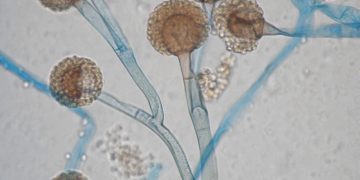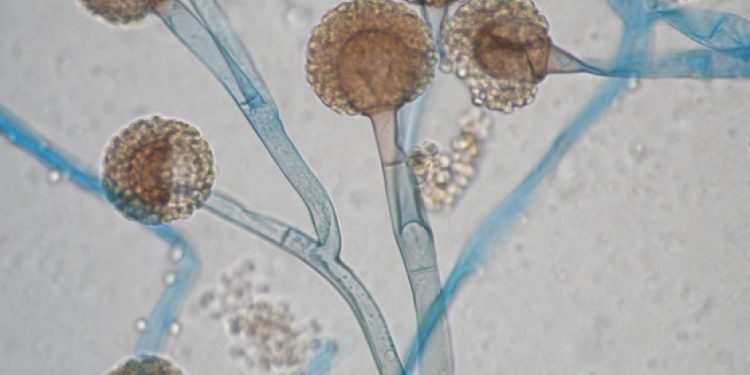#AgriculturalDiseaseManagement #FungalPathogen #FoodSecurity #CropProtection #PlantDiseases #RhizopusSpp #SoftRot #Fungicides #BiologicalControl #CropHealth #PlantHealth
Rhizopus spp. is a common fungal pathogen that causes soft rot in a wide range of crops, including fruits, vegetables, and ornamentals. The disease is characterized by a rapid deterioration of the affected tissue, resulting in a watery, soft texture and an unpleasant odor. The Rhizopus soft rot can cause significant economic losses in agricultural production and is a serious threat to food security.
Development:
Rhizopus spp. soft rot is favored by warm and humid conditions, making it more prevalent in tropical and subtropical regions. The fungus can infect plants through wounds, natural openings, or directly penetrate the plant tissue. Once inside, it feeds on the host’s nutrients, leading to the collapse of the tissue.
Consequences:
The impact of Rhizopus soft rot can be devastating, causing rapid spoilage of harvested crops, reducing the shelf life of products, and making them unsuitable for human consumption. The fungus can also spread easily from one plant to another, making control measures challenging.
Management:
Preventing Rhizopus soft rot involves implementing good agricultural practices, such as proper sanitation, irrigation management, and post-harvest handling. Fungicides can also be used to control the disease, but their efficacy may vary depending on the pathogen’s sensitivity and the timing and method of application. Biological control agents, such as Bacillus subtilis and Trichoderma spp., have shown promising results in managing Rhizopus soft rot.
Rhizopus soft rot is a serious threat to agriculture, and its management requires a multidisciplinary approach that involves prevention, early detection, and effective control measures. By implementing best practices, farmers and stakeholders can minimize the impact of this disease on agricultural production and ensure food security.































